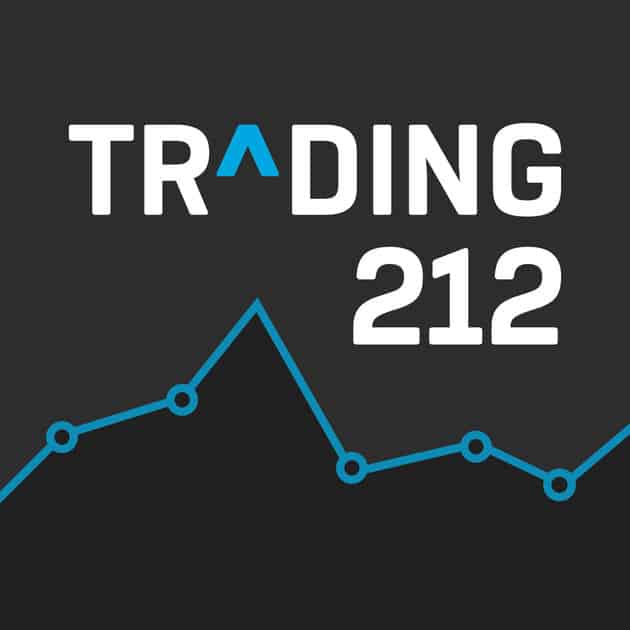Investing can be an excellent way to build wealth over time, but for beginners, it can also feel overwhelming. Many new investors make mistakes that can cost them valuable time and money. By being aware of these common mistakes, you can avoid them and make better decisions with your money.
One of the most common mistakes beginners make is diving into investments without fully understanding them. Whether it’s stocks, mutual funds, or bonds, each investment comes with its own risks, costs, and potential returns.
Before investing in any asset, take the time to research it. Look into the company, the industry, and how it fits within your investment goals. There are plenty of websites and resources available which can provide useful data.
If you’re new to investing, consider simple, low-risk options like index funds or ETFs. These are easier to understand and often have lower fees.
Many beginners think they can “time” the market by buying when prices are low and selling when prices are high. The reality is that even experienced investors often fail at market timing because it’s very difficult to predict short-term market movements.
Instead of trying to buy low and sell high in the short term, think about your long-term goals. Stay invested and allow your money to grow over time.
Consider investing a fixed amount of money regularly (monthly, for example). This approach helps smooth out market fluctuations and reduces the risk of investing all your money at the wrong time.
Beginners often put all their money into one asset or sector, such as a single stock or similar companies. While this might work out in the short term, it exposes you to higher risk if things go wrong.
Spread your investments across various asset classes, such as stocks, bonds, and real estate, to reduce your risk. Consider using diversified products like index funds and ETFs, which provide exposure to a wide range of companies and sectors.
Don’t limit your investments to just the UK. Consider investing in international markets for even greater diversification.
Many beginners overlook the fees associated with investing, such as management fees, trading commissions, and fund charges. Over time, these fees can add up and significantly eat into your returns.
Always check the fees before investing. Look at the Total Expense Ratio (TER) for funds and ETFs, and avoid accounts that charge high transaction fees or annual management fees.
Low-cost investment products like index funds and ETFs are often a better choice for beginners, as they tend to have lower fees than actively managed funds.
The stock market can be volatile, and it’s easy to feel anxious when your investments are losing value, especially if you’ve just started. A common mistake beginners make is panic selling when markets dip, locking in losses at the worst time.
Stay calm and stick to your plan
While it’s important not to react impulsively, it’s also good to review your investment portfolio at regular intervals, e.g., annually, to ensure it aligns with your financial goals.
Avoiding these common investment mistakes can put you on the path to successful investing. By doing research, focusing on long-term goals, diversifying your portfolio, being mindful of fees, and staying calm during market downturns, you can make smarter decisions with your money and build wealth over time. Start small, be patient, and remember that investing is a marathon, not a sprint.

Get a FREE fractional share with Trading212
Use promo code: MITM (works within the first 10 days of signing up)
Fractional share worth up to £100. Capital at risk. Terms apply

Get a Welcome Bonus of up to £50 when you invest at least £100 with InvestEngine

Consolidate your Pensions with PensionBee
Keep your pensions all in one place with this simple to use Pension service.
Manage your money better with MoneyMonitor
I personally built this website to allow me to bin my spreadsheets in favour of something a little easier to use. It’s completely free of charge.